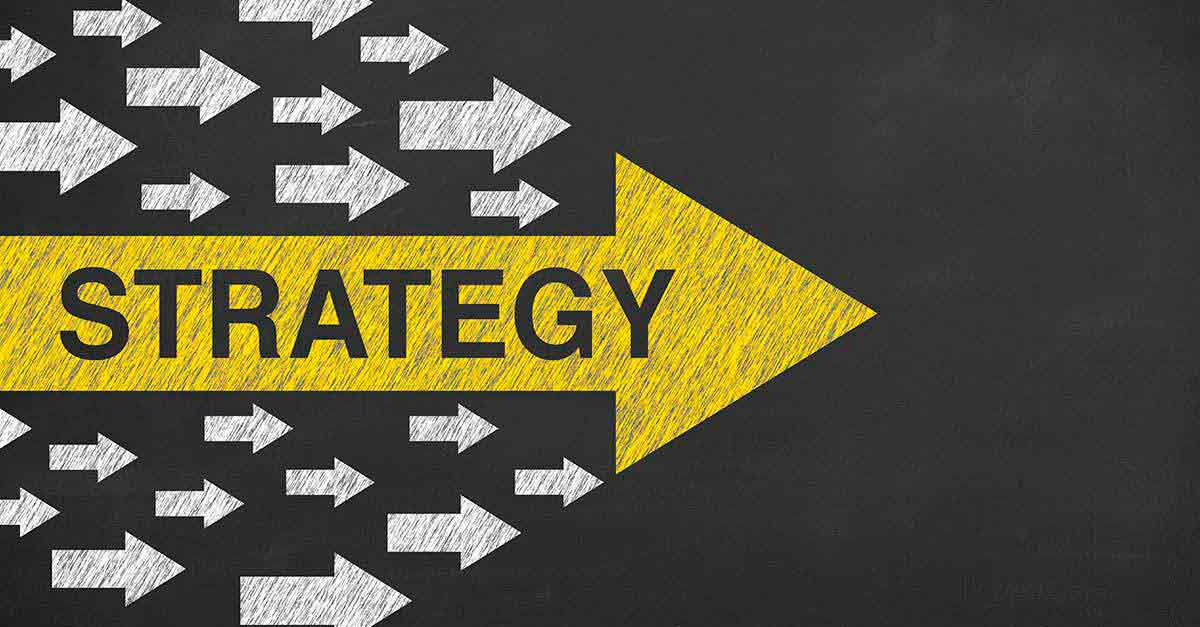Empathy is no longer a “soft” skill—it’s a strategic necessity. Leaders who understand and respond to the emotional needs of stakeholders—from employees to customers—make better decisions, drive stronger engagement, and build resilient cultures.
What Is Strategic Empathy?
Strategic empathy is the ability to anticipate and understand others’ emotions, motivations, and perspectives—and use that understanding to lead effectively and ethically.

Why It Matters for Leaders
-
Builds trust in times of change or uncertainty
-
Enhances negotiation and conflict resolution
-
Improves customer-centric innovation
-
Reduces team burnout and turnover

Practical Ways to Apply Strategic Empathy
-
Conduct Empathy Interviews
Go beyond surveys—have open conversations with team members and clients to uncover unmet needs. -
Use Empathy Mapping in Planning
Before launching initiatives, ask: How will people feel? What are they afraid of? What excites them? -
Lead with Human-Centered Communication
In emails, speeches, or meetings, acknowledge emotions before driving decisions. -
Model It at the Top
Show vulnerability, active listening, and emotional responsiveness. Teams will follow suit.
Conclusion: Strategic empathy helps leaders balance logic with humanity. It’s the foundation of trust, innovation, and long-term success.









Replies to This Discussion